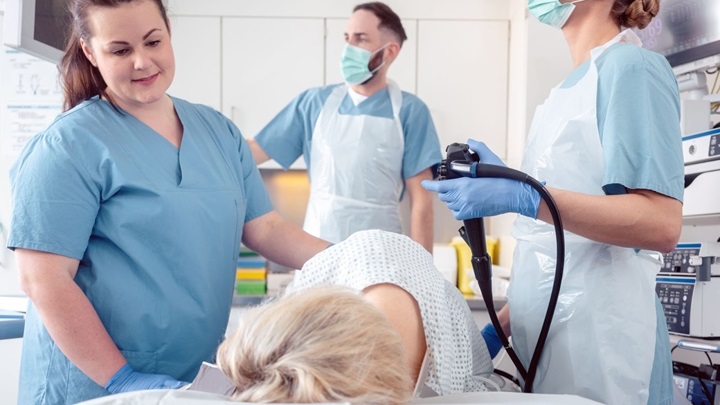When was your last cancer screening? Cancer has become the biggest enemy to human life, becoming the leading cause of death worldwide. Colon cancer is among the third most common cancer, becoming the second leading cause of cancer deaths. You are likely to get colon cancer if you have a family history of the disease. However, with Lima colon cancer screening, you can prevent the disease or get early treatments saving your life. Keep reading to understand why colon cancer screening is essential.
What is colon cancer screening?
Colon cancer is cancer that begins in the colon. It is familiar to older adults; however, it can occur to anyone. It starts as noncancerous cell clumps known as polyps that grow on the inside of the colon.
You may not show any symptoms of colon cancer, especially during the early stages; hence, it is critical to have regular colon cancer screening. However, it is vital to watch out for the common symptoms of colon cancer, including:
- Weakness or fatigue
- Sudden weight loss
- Abdominal discomfort
- Diarrhea or constipation
Colon cancer screening involves tests to determine whether you have colon cancer. Usually, colon cancer develops slowly, and with regular screening, you can identify cancer early and get early treatments saving your life.
When is the appropriate time for colon cancer screening?
Most people with colon cancer are above 50 years old. Therefore, it is advisable to start your colon cancer screening at 50.
If you are not at any risk of developing colon cancer, screening once per 10 years can work.
However, early screening and more testing are critical for people at risk of colon cancer. Here are among the factors that may increase your risk of colon cancer.
- A family history of colon cancer
- Excessive weight
- Being African-American
- Smoking
- Regular and excessive intake of alcohol
- An inactive lifestyle without any physical activity
- Older age of 50 and above
- Diabetes
- Diet high in fats and low on fibers
If you identify with having any of the above, you must talk with your doctor to get a treatment plan on when to have your screening.
What to expect during colon cancer screening?
Colonoscopy is among the standard tests for colon cancer screening. The procedure involves your provider using a long, thin tube with a camera at the end. The procedure allows your provider to have a clear view of the inside of your colon from the rectum, where he checks for polyps.
However, having polyps does not always mean colon cancer. Your provider takes a biopsy of the polyps to evaluate whether they are cancerous. When discovered early, you have a chance of surviving colon cancer through early treatments, which are usually successful.
Colon cancer screening is critical as it can help you prevent the severe effects of the disease through the provision of early treatments. Regular screening is advisable, especially for people at risk of developing the disease. Besides screening, regular physical exercise and healthy diets can help prevent colon cancer. If you have a family history of colon cancer, consult with specialists at GI Physicians today to book your screening appointment.







